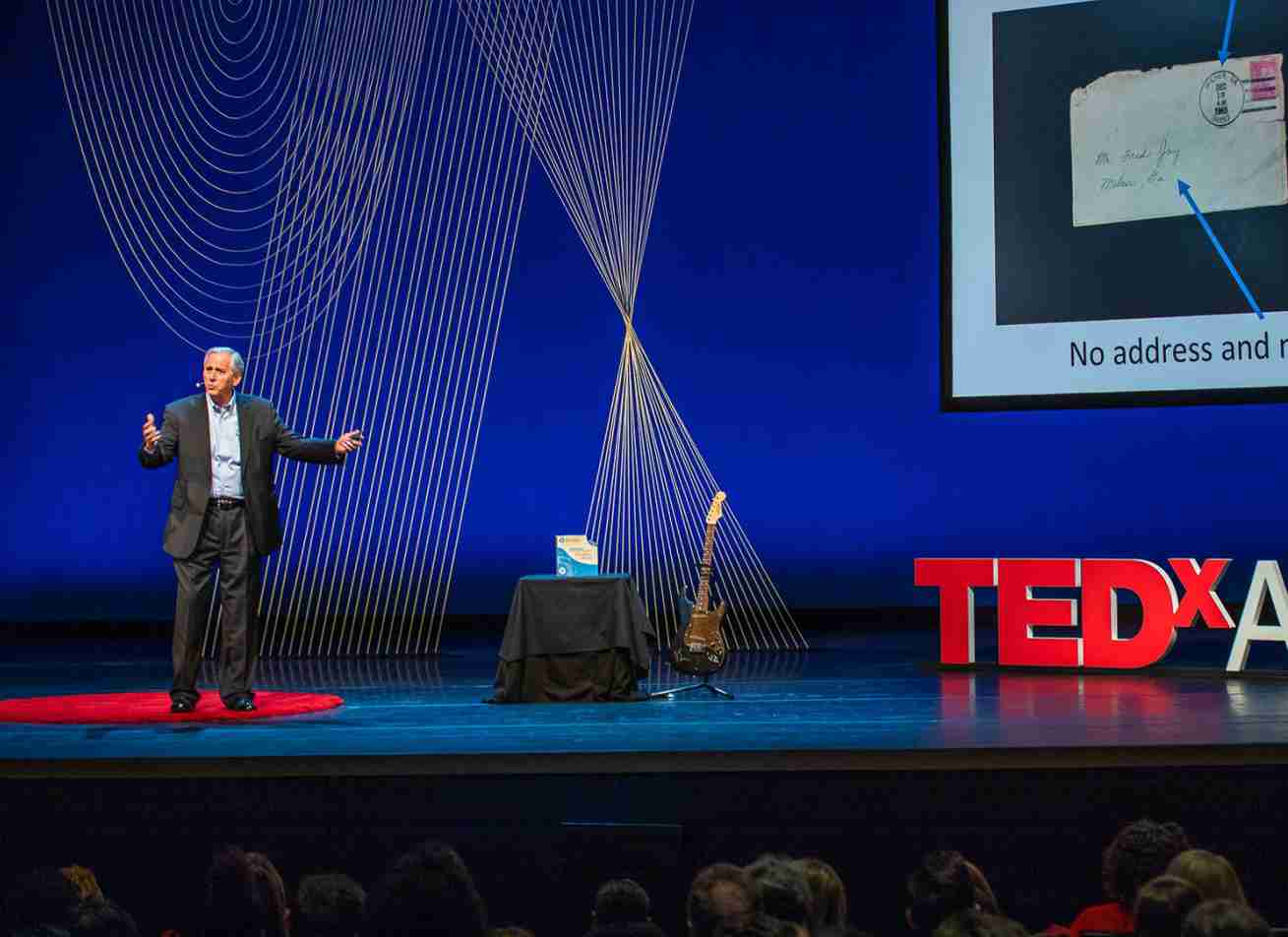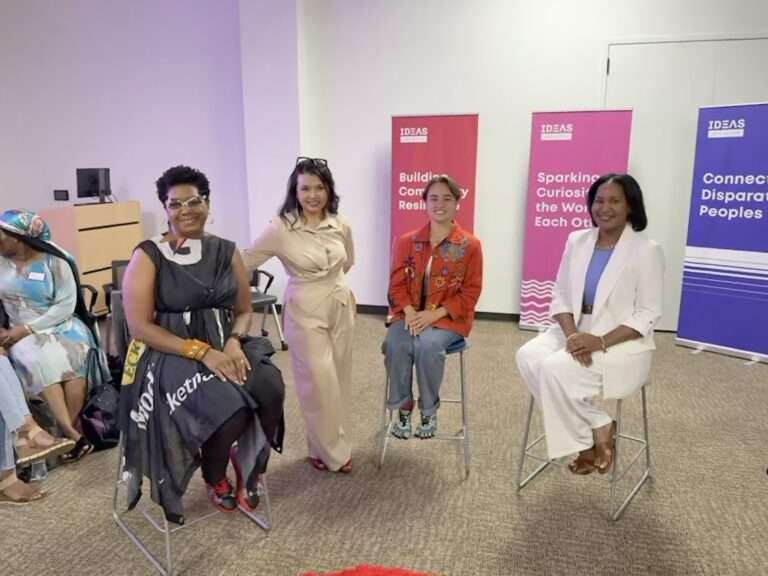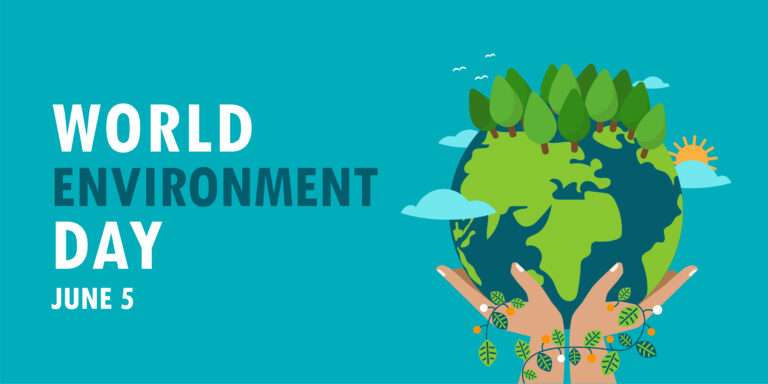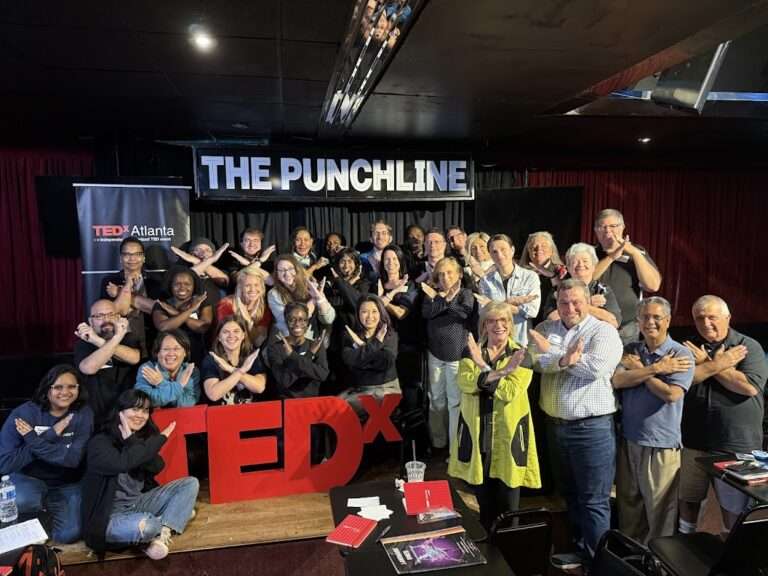What is your passion?
As corny as it sounds, my passion is finding solutions and helping people or a situation. I seem driven to find answers to the unsolvable or difficult. My wife works it very well by prefacing whatever she wants done with, ” I know this probably isn’t possible” or “I doubt if you can, but…” or the ever effective, ” I know there’s no way but what if we could ……” I immediately go into how to get it done mode. I think it goes back to my mother being an algebra, geometry and trig teacher. In the day before the answers to word problems were included in the back of the book, she would take what would seem to be the most impossible advanced algebra “word problem” and work at it, think about it, and ponder it until she found the solution. She even put pad and paper beside her bed because sometimes the solution would come to her in the night (she said her brain wouldn’t let it go) and she would get up and write it down. I learned that often there is a solution even if not apparent at first and persistence may be more important than intelligence or education.
How did you decide to pursue your current career?
As you could guess from the first answer, I found myself in the solid waste business because in 1990 there were new federal regulations looming over the solid waste business that would drastically change the cost to build and operate landfills, close a great many landfills, and cause most localities to reevaluate how they handled and disposed of garbage. In my local community there was a great discussion regarding closing our landfill versus keeping it open, how to collect and pay for significant increases in cost, and how best to recycle. There were also multiple pushes to bring large regional landfills to the more rural areas which could negatively impact that communities quality of life. The chairman of the Board of Commissioners asked me to look for the best solution, which led to the formation of a task force which looked at all possible solutions. I wound up chairing the task force, led the development of a long range plan, and was then asked to develop and implement the plan. I agreed to help for 6 months. The solution was multifaceted and even multi-jurisdictional requiring a series of layered steps, community wide coordination, and the industry seemed to be begging for innovation and better solutions. Twenty nine very rewarding years later we are still developing better solutions. I am in this career because it is challenging, rewarding, and ripe for innovation.
What did you learn about yourself during the process of preparing your talk?
I learned that telling a complex story in 12 minutes can be daunting, frustrating, and requires brevity almost beyond my capability.
What drives you in challenging times?
I am driven by the unsolved problem, the fact that the solution is probably there but just not evident, and that looking at it with fresh (or refreshed) eyes with thinking outside the box is oftentimes essential. Challenging doesn’t mean impossible! Challenging means buckle down and look at it from a different point of view, and remembering that just because it hasn’t been done or thought of yet, doesn’t mean it’s not possible. One of my favorite sayings on my office wall is “We will either find a way, or Make one!”. My other driving remembrance is something I heard four decades ago. It was from a speech that talked about pressing on and persevering. “On the ‘Plains of Hesitation’ bleach the bones of countless millions, who on the threshold of victory sat down to wait, – and waiting they died”! Maybe they “sat down and gave up” or “quit”, but the thought of stopping when you may be on the threshold of victory, is a driving force.



